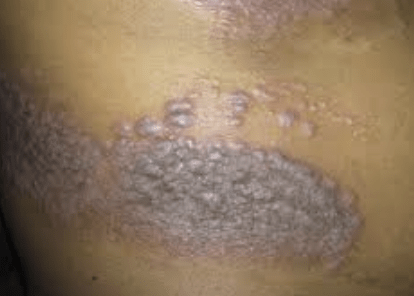Recent research has validated transient elastography as an effective non-invasive technique to detect liver fibrosis in patients with psoriasis (PsO) treated with methotrexate, highlighting its advantages over traditional liver biopsy methods. The study indicates that transient elastography, by measuring liver ‘hardness’ or stiffness, provides a safer, more reliable alternative to liver biopsies, which are invasive and carry more risk. The method proved particularly useful in screening for liver fibrosis, achieving 100% sensitivity and 68% specificity with a liver stiffness cut-off value of 7.1 kPA.
The study involved 228 patients, with 34 meeting the inclusion criteria and about one-fourth of these patients exhibiting significant liver fibrosis. The findings also underscored that liver fibrosis in these patients correlated more with obesity and diabetes rather than the cumulative dose or duration of methotrexate usage. Researchers advocate for transient elastography over liver biopsy for high-risk patients or those showing liver stiffness of ≥11.7 kPA, suggesting that factors like body mass index and abdominal obesity should be considered when monitoring methotrexate-induced liver changes.
Reference: Pine L. Transient Elastography Deemed Reliable Method to Detect Liver Fibrosis in Patients with PsO Treated with MTX. HCPLive. Published April 25, 2024. Accessed May 14, 2024. https://www.hcplive.com/view/transient-elastography-deemed-reliable-method-to-detect-liver-fibrosis-in-patients-with-pso-treated-with-mtx









